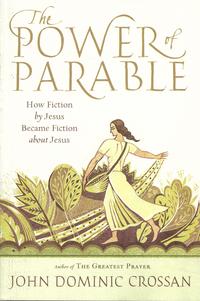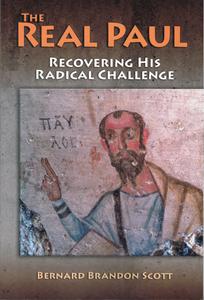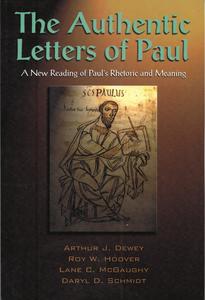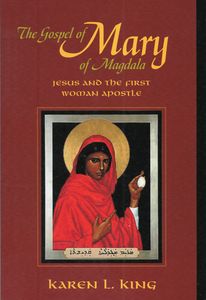
The Power of Parable
Crossan explores this manner of teaching in his provocatively-titled The Power of Parable: How Fiction By Jesus Became Fiction About Jesus. To better understand Jesus’s parabolic teaching style, Crossan describes a three-fold typology of parable: “riddle parables,” like the puzzles Samson tried to use to trick his new in-laws (Judges 14), “example parables,” like the story the prophet Nathan tells to David about the rich man and poor man’s lambs (2 Sam. 12:1-4), and finally, “challenge parables,” like Jesus’s Good Samaritan story, which presented a despised person as the protagonist—a strange reversal of social expectations (Luke 10). Crossan notes that the Good Samaritan has also been interpreted as an example parable (helping people out is good), but he believes the specific inclusion of the Samaritan as the rescuer signals Jesus’s deeper intent. Down the centuries a good deal of interpretation and assumptions have encrusted over Jesus’s parables, so Crossan spends a little time exploring the cultural context in which they were orally shared. It was a context in which a listening audience would recognize Jesus’s familiar parable form, but be startled by Jesus’s actual content. Challenge parables were a “participatory pedagogy” Crossan argues (95). Audiences would be forced to grapple themselves with the message, to question, to doubt. Jesus was intent on overturning long-entrenched views without use of violence and with the participation of disciples, thus making parables the ideal medium.
From a review on ByCommonConsent.com


The Real Paul
A slow rumbling has been building up among New Testament scholars. A new Paul is beginning to emerge - one who differs from the Paul of Augustine and Luther, who is no friend to traditional orthodoxy, who may prove an even more radical challenge to church and society than did the historical Jesus.
In addition, we will be using "The Authentic Letters of Paul - A New Reading of Paul's Rhetoric and Meaning" to help sort through what Paul really (probably) wrote. The Authentic Letters of Paul (1) distinguishes Paul's letters from others attributed to him in the canon, (2) disentangles component pieces of correspondence from the composite letters, (3) places the authentic letters in their chronological order and historical context, and (4) restores Paul's voice in a fresh translation from the original Greek (well, not from the autographs...)

The Gospel of Mary of Magdala
Jesus and the First Woman Apostle
By Karen L. King
Winn Professor of Ecclesiastical History at Harvard University
Lost for more than fifteen hundred years, the Gospel of Mary is the only existing early Christian gospel written in the name of a woman. Karen L. King tells the story of the recovery of this remarkable gospel and offers a new translation. This brief narrative presents a radical interpretation of Jesus’ teachings as a path to inner spiritual knowledge. It rejects his suffering and death as a path to eternal life and exposes the view that Mary Magdalene was a prostitute for what it is – a piece of theological fiction. The Gospel of Mary of Magdala offers a fascinating glimpse into the conflicts and controversies that shaped earliest Christianity.
Elaine Pagles says: “Karen King’s Gospel of Mary of Magdala is a book that many readers are waiting for. – a complete translation of the Gospel of Mary together with a lucidly written, marvelously informative discussion of where it comes from and what it means.”
We will begin this study at 7:00 PM (until 8:30) on October 25, 2015 and finish with the classic potluck on December 13. Of course there will be cookies.
